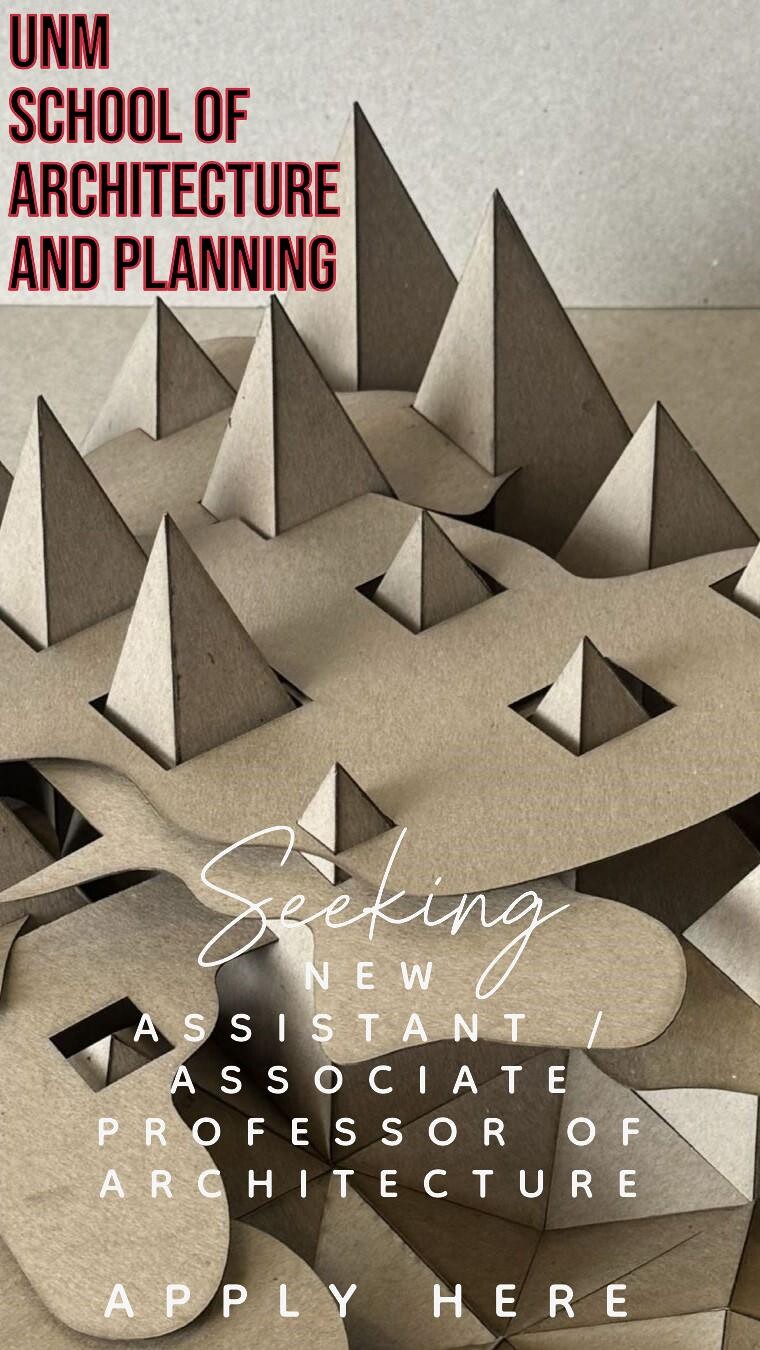CMRK is a network of four independent institutions for contemporary art based in Graz: Camera Austria, Künstlerhaus, Halle für Kunst & Medien (KM–), and Grazer Kunstverein.
Sculpture
Camera Austria
December 7, 2013–February 16, 2014
www.camera-austria.at
Johannes Schweiger
IMA SET IMA TEXT INO BUTT
Künstlerhaus KM–
Halle für Kunst & Medien
December 7, 2013–January 23, 2014
www.km-k.at
Measures of Saving the World _ Part 4
December 7, 2013–February 28, 2014
www.rotor.mur.at
Josef Bauer
The Members Library: Guy de Cointet – Publications
The Peacock: Nina Beier, Will Stuart, Franz West, Robert Wilhite
Grazer Kunstverein
December 7, 2013–February 23, 2014
www.grazerkunstverein.org
The exhibition project Sculpture at Camera Austria focuses on photography as an ongoing material practice rather than on the question of the production of meaning. The resurgence of interest in the analogue might be seen as a kind of desire to embrace the image as object, or objects as images—a desire for images as raw sensual data, images that do not refer to anything but that represent a kind of performance in and of themselves, a discrepancy between what can be said and what can be seen. This discrepancy may go so far as to literally leave next to nothing visible in the images. However—and this is truly remarkable—this does not affect their ability to present a visual event, a space for articulation, in which an essential part of the visual is represented by a gap.
With Laurie Kang, Kasia Klimpel, Lotte Lyon, Christian Mayer, Peter Puklus, Carly Steward, Michael Strasser, Anita Witek
Johannes Schweiger (born 1973 in Schladming, Austria; lives in Vienna) is showing new works developed specifically for this exhibition space at Künstlerhaus KM– in a specially crafted display situation. His interest in the life and work of Lucie Rie (1902–1995), and in her exploration of the aesthetic tradition of applied art in the first half of the twentieth century (Wiener Werkstätte) was instrumental in developing his exhibition. Questions like “How might functional modes of present-day visual culture still prove to be interpretable and discriminable in terms of their consumability amidst style and styling, content, and form?” could be part of a further, exigent, and fascinating motif of IMA SET IMA TEXT, INO BUTT. Johannes Schweiger was co-operator at ____fabrics interseason until 2011. Since 2012 he has been engaged with solo projects at Museum Abteiberg Mönchengladbach, Nid, Tokyo, MUMOK Museum Moderner Kunst, Vienna, and Pøst, Los Angeles.
Actually, the title of this exhibition—Measures of Saving the World_Part 4—is not one hundred percent accurate, for it deals with saving mankind rather than with saving the world. If Alan Weisman’s ideas from The World Without Us proved to be true, then hardly anything would be left to remind of our presence 500 years after humans have disappeared. Perhaps this is not an imminent state. However, who can stop this development and help save us is not yet completely clear. The global multinationals? Politics, which is closely interrelated with them? How they act is largely only profit-oriented, interested in growth in consumption, quintessentially exploitative, opposed to humankind and to nature even more, short-term and random. Nonetheless, neither should be relieved of any responsibility in this respect. On the contrary: the pressure—from the bottom up—must grow. We are all called upon to help build a new system of values.
With Dusiča Dražić, HeHe, Marjetica Potrč, Klaus Schafler, Anna Witt, Zweintopf
The Grazer Kunstverein continues its exploration into the autonomy of communication and exchange by presenting two artists whose practice is deeply rooted in the physical understanding of language. The artistic practice of Josef Bauer (born 1934 in Wels, Austria) is localized somewhere between concrete poetry, performance, and painting, exploring the physical relationship toward linguistic production and display. Unlike the concrete poets of his generation, Bauer examines the tangible landscape and spaces in which language and its representation of the body are unified.
To furthermore emphasize the actual abstract possibilities of language, The Members Library presents Guy de Cointet – Publications. Guy de Cointet (1934–1983) was an artist who lived in Los Angeles most of his life, where he developed a polymorphic corpus of works. His practice could be described as ‘theater in an expanded field.’ Publications were one way for the artist to express his interest in cryptography, with which, just as in his drawings and plays, he created impenetrable puzzles of letters and numbers. His use of enigmatic systems points both to a Minimalist aesthetic and to a Structuralist play with linguistics.

